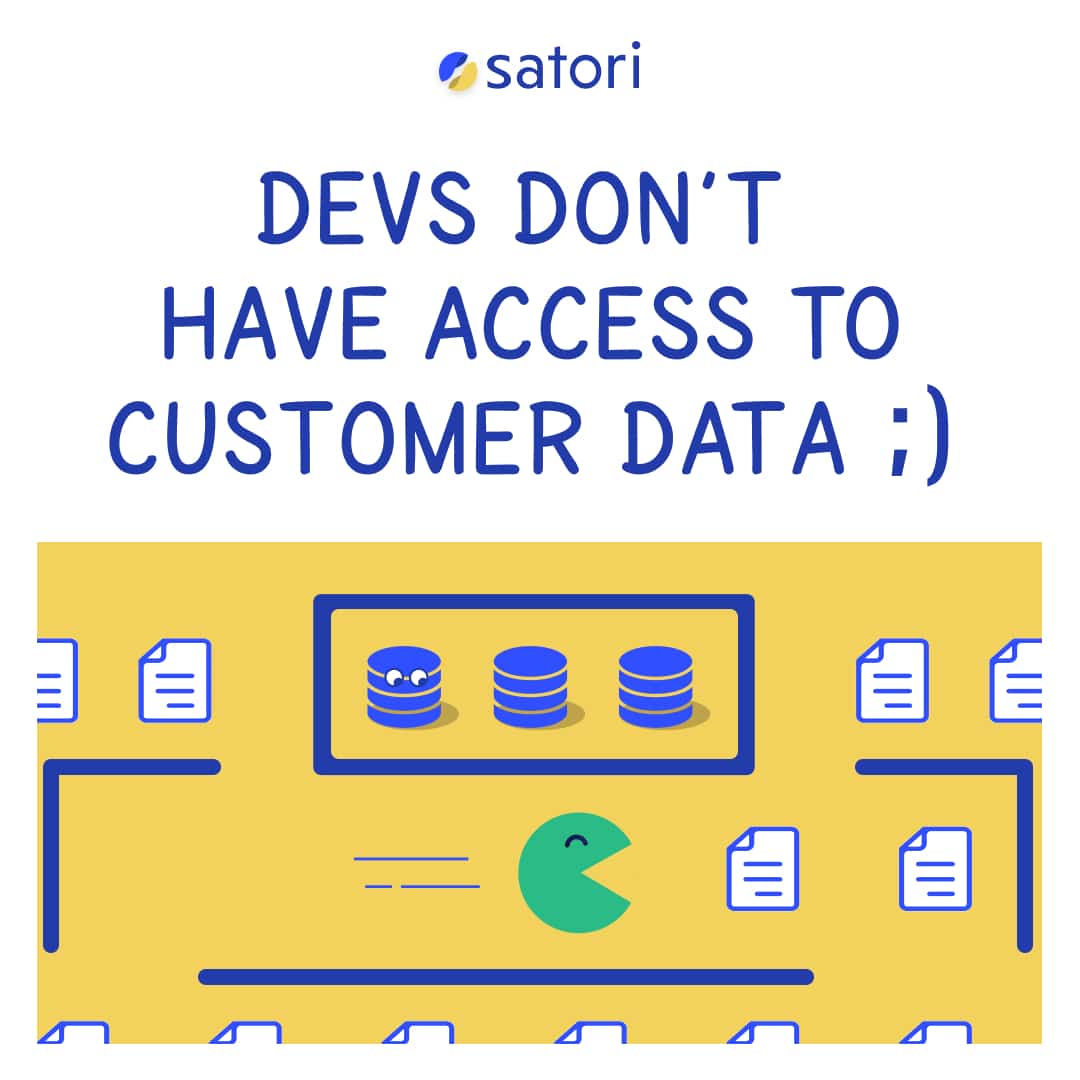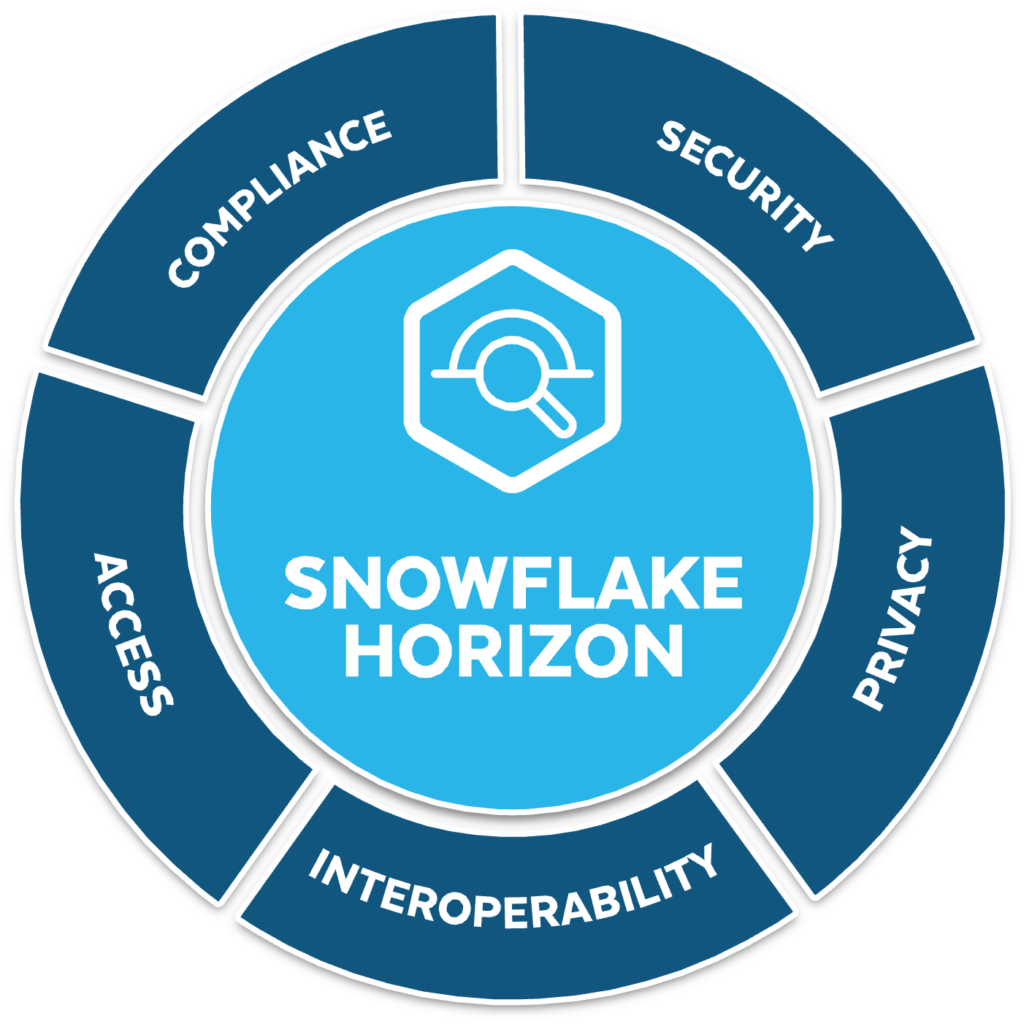Securing your data is a non-negotiable stipulation for any business, not just eCommerce. Companies collect vast and invasive data about their customers, from credit cards to email addresses. The more information businesses collect on their customers, the more necessary data security.
Of course, collecting data on customers is exceptionally useful, but obliging data compliance regulations is no easy feat. With cyber risks and data breaches continually rising, new data privacy and compliance requirements are being proposed and enacted at breakneck speeds.
In the end, though, the premise that data privacy compliance must be an integral component of all corporate activities stands to reason.
This article will discuss the following data security compliance topics:
- What is Data Security Compliance?
- Why is Compliance Important for Data Security?
- Common Data Security Regulations
- Summary
Thiis is a part of our definite data security guide.
What is Data Security Compliance?
Data security compliance refers to the policies and procedures that regulate how businesses and government agencies maintain data secured, confidential, and protected from unauthorized access. This compliance is most commonly used for customer data, although it can also apply to employee, financial, and other data types.
When a corporation manages, maintains, and transmits data following the required compliance standards, it is said to have “compliant data.”
Why is Compliance Important for Data Security?
As to data compliance, it is all about meeting a set of rules or standards. On the other hand, information security focuses on safeguarding the confidentiality, integrity, and availability of information and technology assets within a company.
Accordingly, data compliance entails adhering to compliance laws or compliance standards governing data and information security.
Data security is a key building component for consumer trust and loyalty. Various layers of information security are required depending on the size of your business to prevent, if not eliminate, data breaches of sensitive data such as banking or credit card information, social security numbers, names, addresses, and other personal data.
A data security breach can be quite costly. Furthermore, concerned customers and employees may demand damages from your company in some situations, exposing you to penalties for failing to comply with data protection laws.
Thus, a solid data compliance management strategy is crucial to help prevent cybercrimes.
Common Data Security Regulations
Several laws and regulations now govern data protection.
While not exhaustive, the following is a list of compliance regulations businesses should be aware of when staying in data compliance.
HIPAA
The Health Insurance Portability and Accountability Act of 1996, or HIPAA, established data security guidelines for how organizations and providers handle patients’ Personal Health Information (PHI) to keep it protected and secure.
Not only doctors and health plans are covered entities, but so are business associates who have access to PHI, such as:
- Service providers of data transfer
- Transcriptionists in the medical field
- Businesses that deal with software
- Companies that provide insurance
GDPR
In 2018, the European Union passed the General Data Protection Regulation (GDPR), which establishes rules for any entity that processes the personal data of EU citizens. In practice, the GDPR affects European businesses and many American companies.
The GDPR requires businesses to process personal data in a way that protects against unlawful data acquisition, processing, loss, damage, or destruction, ensuring information security management.
CCPA
The California Consumer Privacy Act (CCPA) applies to businesses with a revenue of $25 million or more or data on at least 50,000 people. California residents retain the right to access all data that a corporation has preserved about them and any third parties with whom that firm has shared their data at any time under this data compliance regulation.
Do keep in mind that this applies not to companies in California but to the data of individual California customers. In other words, even if an organization is not established in California and has no physical presence there, it may be subject to the CCPA if it stores the personal information of any California residents.
California voters recently approved the California Privacy Rights Act, updating the CCPA.
SOX
The Sarbanes-Oxley Act of 2002 (SOX) enhanced the standards for public entities’ corporate disclosures to be factual, transparent, and dependable. The SEC enacted SOX to direct response to financial crises in the early 2000s to protect investors and the general public.
Essentially, any public company, including management and public accounting firms, must follow the SOX standards, including criteria for how organizations must record and store information and how long they must keep certain documents.
PCI-DSS
The Payment Card Industry Security Standards Council (PCI-SSC) is an independent regulatory group that sets the Payment Card Industry Data Security Standards (PCI-DSS). It is a collection of contractual commitments enforced by the PCI SSC to protect card industry data security. Unlike other standards, it does not get imposed by a government organization.
Any organization that accepts, maintains, or transmits cardholder data is subject to the PCI Data Security Standard. They must have safeguards to ensure that payment card industry data is handled and maintained safely. Although a company may outsource the processing of credit card payments to a third-party entity, it is still required to comply with the data security standard PCI.
Summary
Especially in today’s modern society, the importance of data cannot get overstated; many people believe that data is the new oil. When an organization thinks about data security and compliance thoroughly, it is well on its way to having a significant positive impact on its bottom line.
In the end, taking a systematic approach to compliance, that is, constantly assessing risks, the security of the environment, and the efficacy of security and privacy policies, procedures, and protocols can dramatically reduce the likelihood of incidents that expose customers’ data, the company’s intellectual property, and its operations.
Data Security Compliance with Satori
Satori developed the first DataSecOps platform, which automates data access controls, security, and compliance while streamlining data access.
Satori, The DataSecOps platform, gives companies the ability to enforce security policies from a single location, across all databases, data warehouses and data lakes. Such security policies can be data masking, data localization, row-level security and more.
Learn more:




